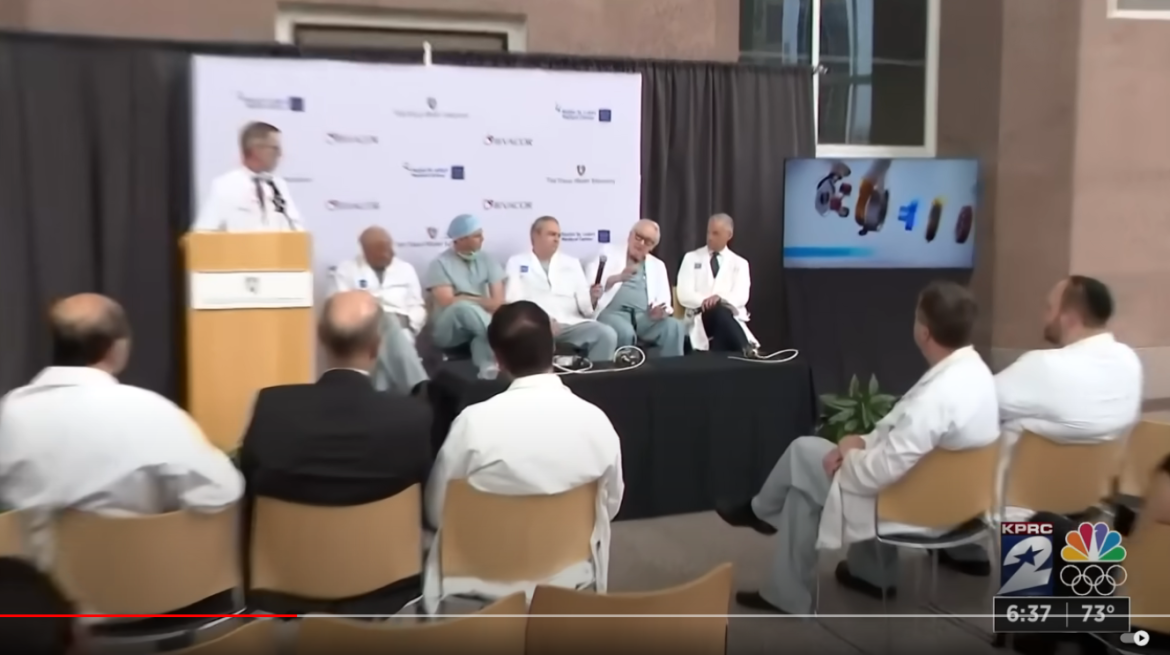Doctors at the Texas Heart Institute have successfully implanted a valveless artificial heart into a human patient. The procedure, performed at Baylor St. Luke’s Medical Center in Houston, marks a significant milestone in the treatment of severe heart failure.
The innovative device, known as the BiVACOR Total Artificial Heart, is crafted from titanium and features a rotary pump with a single moving part. This rotor, responsible for pumping blood, is suspended in a non-contact position by powerful magnets, eliminating the need for valves and significantly reducing the risk of mechanical wear and tear.
The 58-year-old patient, who received the implant, has shown remarkable recovery, being able to walk just days after the surgery. This development brings new hope to millions suffering from heart failure. The BiVACOR Total Artificial Heart is designed to support patients with severe heart failure as they await a heart transplant, providing a crucial bridge during the waiting period.
The implantation is part of a feasibility study conducted by the USDA to evaluate the device’s design and functionality. Following this initial success, four additional patients will be offered the opportunity to participate in the study, further testing the efficacy and reliability of the BiVACOR artificial heart.
Dr. Billy Cohn, a renowned cardiac surgeon at Baylor St. Luke’s Medical Center, led the surgical team. “This is a revolutionary advancement in cardiac care,” Dr. Cohn stated. “The use of a valveless, magnetically levitated pump could drastically reduce complications associated with mechanical failure and improve the quality of life for patients with severe heart conditions.”
The BiVACOR artificial heart represents a significant leap forward in the field of cardiac surgery. Traditional artificial hearts rely on multiple moving parts, including valves, which can wear out over time and lead to complications. By utilizing a single moving rotor suspended by magnets, the BiVACOR device aims to offer a more durable and reliable solution.
This breakthrough is particularly relevant given the high prevalence of heart failure in the United States, affecting approximately 6.2 million Americans. The success of the BiVACOR heart could pave the way for its widespread adoption as a standard treatment for those suffering from severe heart failure, potentially saving countless lives.
As the study progresses, the medical community eagerly awaits further results, hopeful that this new technology will transform the landscape of cardiac care. The initial success in Houston sets a promising precedent for the future of artificial heart implants.



